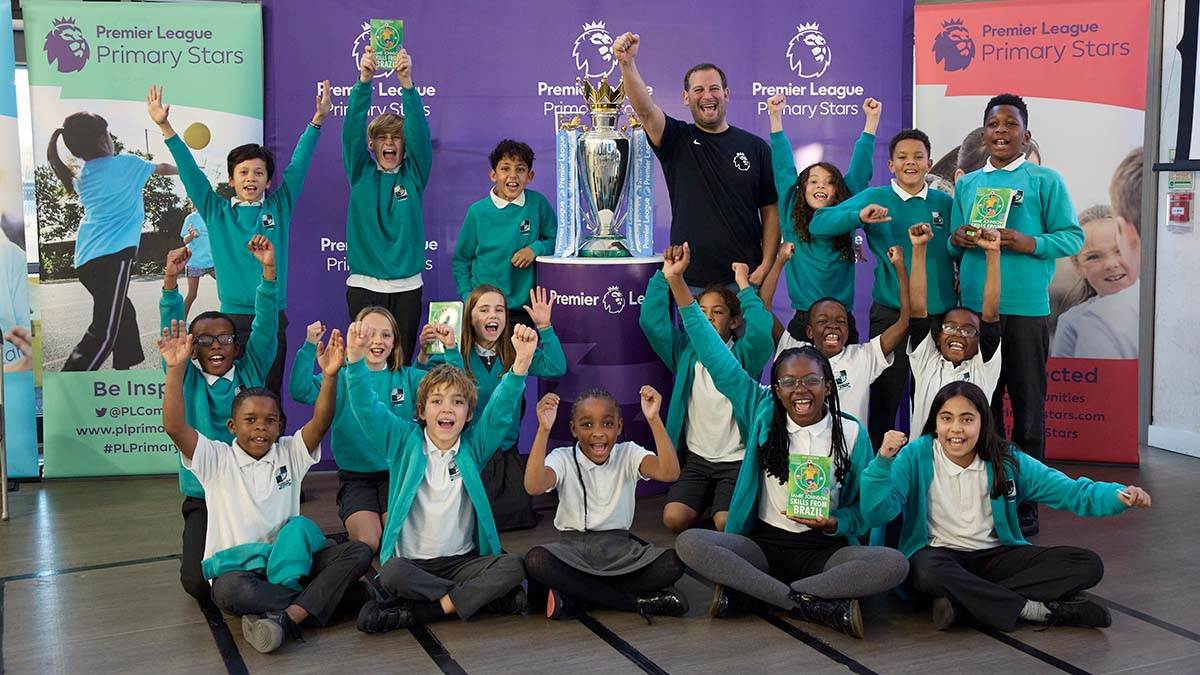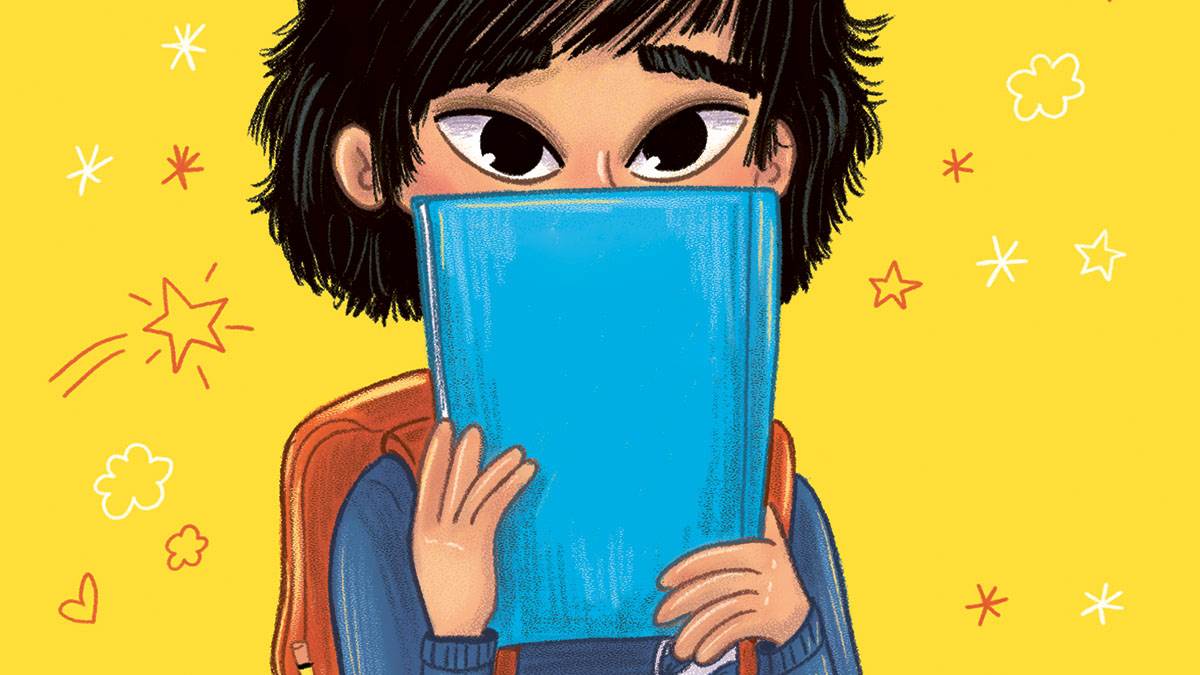5 easy ways to inspire children’s writing for pleasure
Published on: 20 June 2023 Author: Dan Freedman
Author Dan Freedman shares his secrets on how to write a story - and reveals how a teacher helped him to get started.

Inside, I'll always be the kid who doesn't think they're any good at writing. When I was at school, I thought good stories could only be about wizards, witches, aliens and dragons.
However, my mind just didn't work like that. In order to engage with a story, I've always needed to believe it might really happen.
If we had to write a story, I'd be the first to put up my hand and say, "I can't do it. I've got no ideas. I'm rubbish at writing. I don't know what to put down."
I had one good teacher. His name is Mr Hitchcock. He used to say to me, "Dan, you're better than you think you are. Let's just get something down on paper and we'll take it from there. It can be about anything you like."
It was those words let's and we'll that really made a difference to me. It wasn't a case of him giving me a task and me going off in isolation and attempting to do something I didn't feel I was capable of. It sounded more like we were a team. I would say to him, "What? So I can tell you what I'm thinking about doing and you can tell me whether it's any good or not?"
"Yes," he would say, "that's what I'm here for."
Mr Hitchcock will always be my teacher but now he's my friend too. And I still send him the drafts of books that I'm working on because he remains a brilliant and supportive team-mate.
That bit of advice he gave me – just get something down on paper and take it from there – is still the best writing tip I've had. Writing is a process. It's about nurture and honing over time. Once we understand that, once we allow ourselves to just empty our minds in an unfiltered way to kick start the journey... then we might be on to something.
Five top tips to help children get writing

Illustration: Kajsa Hallström
Mr Hitchcock's tips are part of the simple guidelines I give myself when I'm writing a story. Here they are, in case they can also help any of the young people you work with. And I bet they're better at writing than they think they are.
1. Use your own life experiences
This might sound simple, but it's very important. Use experiences that have happened in your own life. For example, I went to visit a school in East London on the day they had a football match in the school playground between the teachers and the pupils. It was the best atmosphere of any game I've ever seen!
And, you've guessed it, when I wrote my next book, Jamie Johnson: Skills From Brazil, it was all about Jamie playing in a school match against his teachers. If you use things that have happened in your own life, you're that much more confident about it and your story will flow.
2. Know your characters
Really get to know your characters. Ask them lots of questions. What's their favourite type of pizza? What's their middle name? What's their biggest fear? What do they hope for? What's their biggest embarrassment? What's their biggest secret?
If you know all those facts about your characters, and where they're really coming from, you'll find that they can actually write your story for you. That way, instead of thinking, "What am I going to write next?", you can actually ask, "What would my character say about that? What would they want to do next?" They will guide your story.
3. Don't expect your first try to be perfect
Never think you have to write the perfect story first time round. None of us do. The way we write is not a moment; it's a process. So don't think that you have to create excellence immediately. Start by putting something down on paper, then have a look at it and see if there is anything you can improve. And it goes along like that. Over and over, improving and developing. That is what writing really is.
4. Do you need a plan?
Some writers just sit down and see where the story takes them. I'm not that good! I need a plan. An overall design of a story gives me confidence. When I'm thinking about what will happen, I often see the end of the story first – then it's a case of making sure the rest of the story builds towards that moment. Even if you do have a plan, don't be afraid to change it if you come up with a better idea. You can always change your tactics to make sure you get the right result.
5. Do you care?
Will the reader care about the characters you've created? In my opinion, sentence structure, punctuation, grammar and so on are not really the things that make a great story. They are important tools to ensure people can understand what is being written, but the most important element of a really good story is when the reader cares about what is happening to the characters. If there is no emotion involved, then it's not really a story – more just a collection of information.
So how do we make the reader care? One method is to give our main character a goal and then put lots of obstacles, hurdles and challenges in the way of the character achieving it. That way, hopefully the reader will be supporting the character along the way, which means ... they care.
I am Lenny Brown by Dan Freedman, illustrated by Kajsa Hallström, is out now.
SF Said
Our Writer in Residence SF Said shares some great advice about writing stories.
Laura Dockrill
Laura Dockrill shares some fantastic pointers based on her guide for young writers, You Are A Story.







